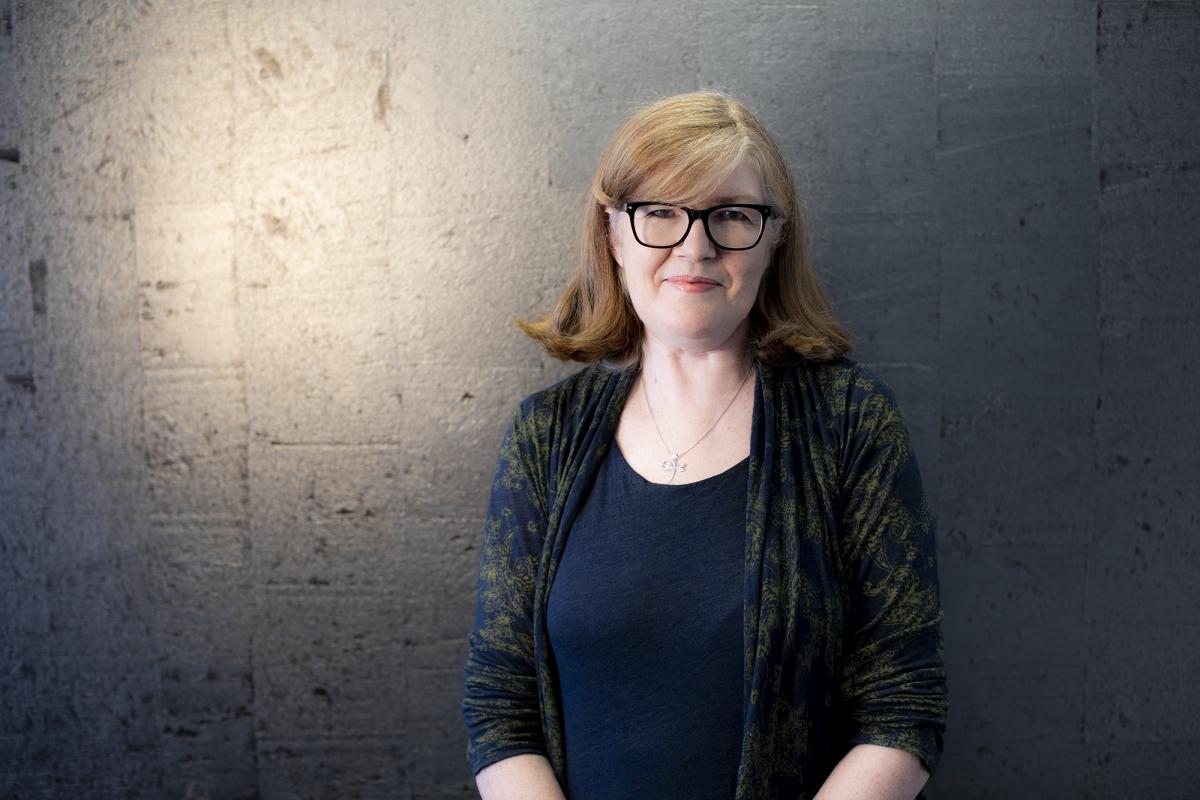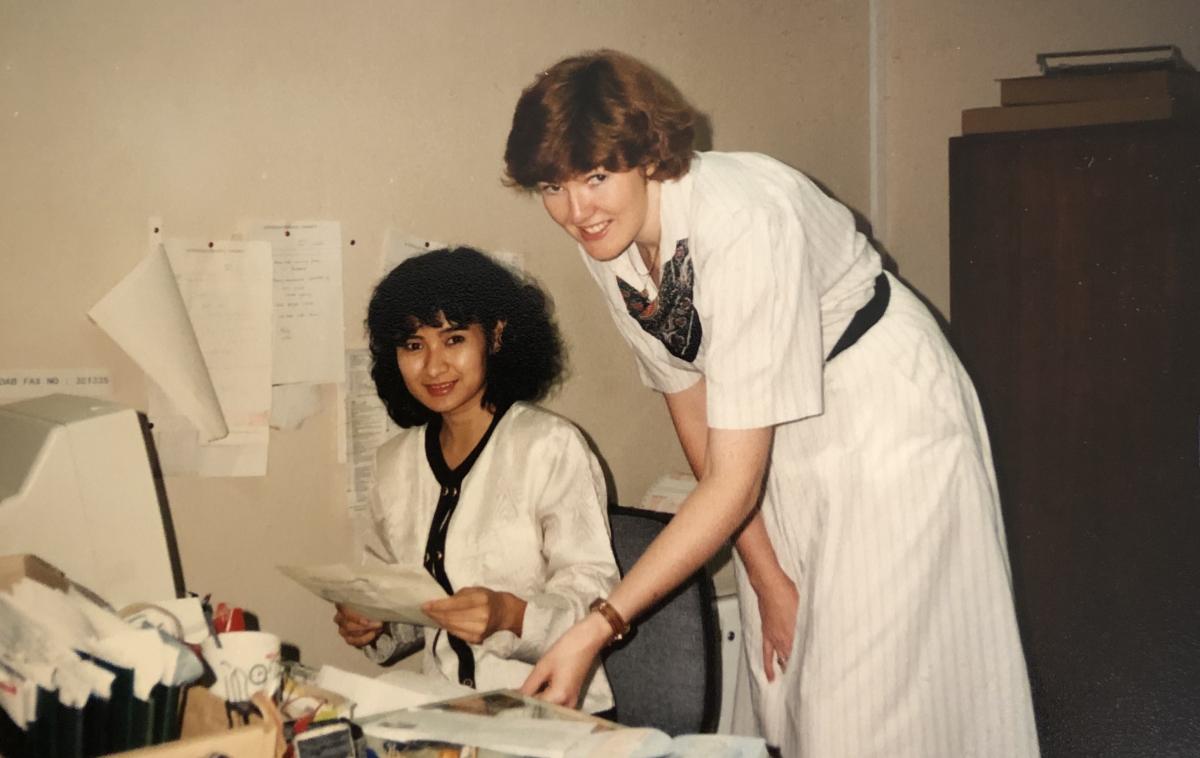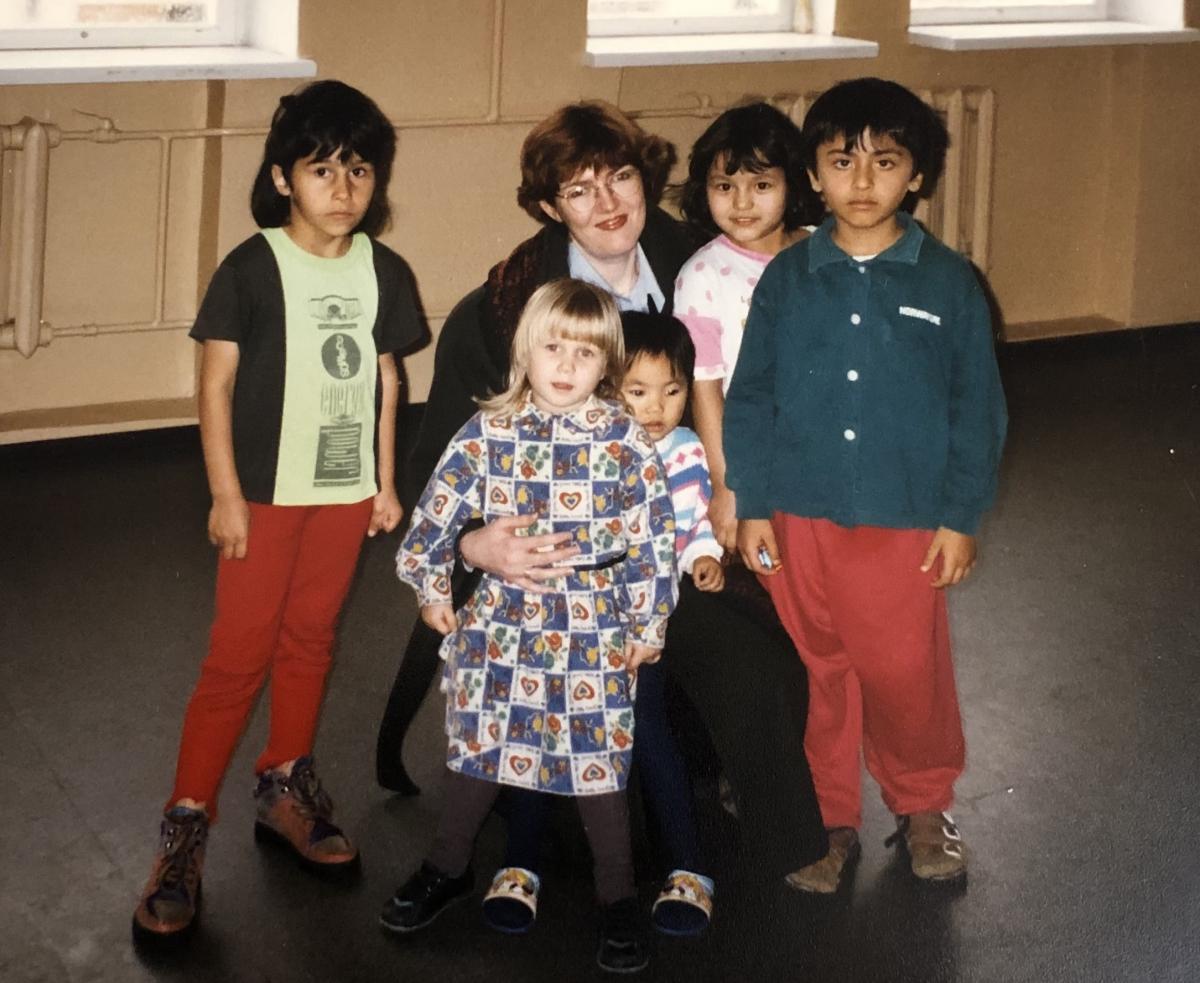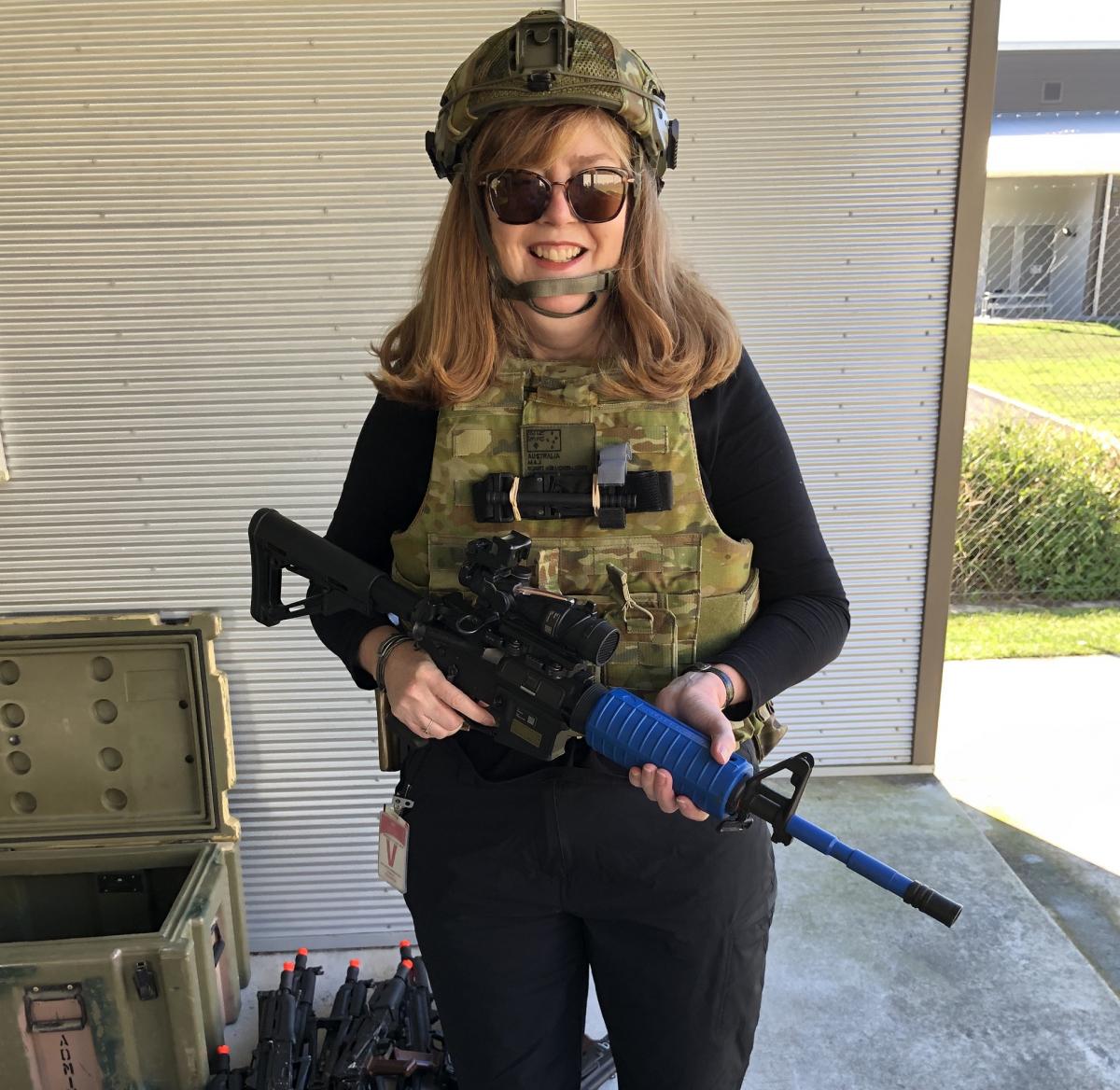Kate Pope PSM – Deputy President, Repatriation Commission

Kate Pope grew up in the small town of Beechworth in Victoria, so sees herself as a country person at heart.
As a teenager, she developed a passion for languages. They didn’t teach Indonesian and Japanese at her local high school so she studied them at night school, and did most of her Year 12 work by correspondence.
She then went to the Australian National University where she completed an honours degree in Asian Studies.
From there, it seemed a natural step to join the Australian Public Service.
‘I was offered a position at the Department of Immigration and I was lucky enough to find a job I loved right from the start,’ she says.
Soon after joining Immigration, Kate was posted to Jakarta for two years, then Hanoi. Having completed a master’s degree in the US, she then ran the department’s office in Warsaw, which did everything from processing visa applications to monitoring and investigating people trafficking and deterring illegal immigration to Australia.
After returning to Canberra in the late 1990s, she was ultimately promoted to First Assistant Secretary (equivalent to major-general) and was made responsible for implementing the Government’s community detention program.
‘We ended up renting 900 houses across Australia and moving families with children into those houses and arranging for them to go to school and live as normal a family life as possible,’ she says. ‘It had better outcomes and it was also cheaper than held detention. That was a really rewarding piece of work.’
Ms Pope was awarded the prestigious Public Service Medal for this work.
In 2015, after nearly 30 years at Immigration, Kate moved to the Department of Health where she worked for Liz Cosson AM CSC (now DVA Secretary), improving the efficiency of the department’s $9 billion grants programs.
When Ms Cosson moved back to DVA the following year, she asked Kate to come to the department to help implement DVA’s Veteran Centric Reform program. It was work Kate had enjoyed doing before and gained a reputation for doing well.
‘Encouraging and inspiring people to change is a challenging thing,’ she says. ‘You need to find ways for people to see change as a positive thing and to make it work that aren’t confrontational and difficult.’
It was work that needed to be done.
‘The most impactful thing we did was talk to veterans. For instance, soon after I came to DVA, I went with Liz to Brisbane and met with female veterans. They hadn’t been focused on much before. Nor had they connected with one another. We ended up in tears as we listened to them discuss the difficulties they faced. I found that hugely motivating - we needed to improve things for them.
‘I believe in the transformation agenda passionately. I’m astonished by what has been achieved. That 175,000 people are registered on MyService is almost literally mind-blowing. The things that are taken for granted now in DVA were just not the case four and a half years ago. When I first came here, I visited our processing centre in Melbourne. I couldn’t believe the enormous piles of paper files! Getting it all online has made a huge difference.
‘DVA gets hammered for what it doesn’t do or what it does wrong. But it’s done so many amazing things – it’s won awards for innovation and process improvement and has made its processes so much more accessible. This is evidenced by how many more clients we have now. People are realising it isn’t a daunting process to put in a claim with DVA.
‘That’s why I say to anyone reading this, if you’ve had a bad experience with DVA in the past, please know that we’ve changed. We really want to help in the best way we can. Give us a call if you think you need help.’
In 2018, Kate moved to a role focused on policy and, in August 2020, she was appointed Deputy President of the Repatriation Commission.
‘The Repatriation Commission and the Military Rehabilitation and Compensation Commission have a sacred responsibility to make sure the promises made a century ago are delivered, and that veteran care is protected and improved. The department works to the Commissions, not the other way round. My colleagues on the Commissions are excellent people and it’s a real privilege to work with them.’
Kate's policy priorities are to continue to improve the wellbeing of veterans and their families and suicide prevention. When it comes to the latter she says, ‘nothing is more important’.
She is also keen for DVA to be more proactive when it comes to what Australian Defence Force personnel are likely to face in the future, whether it’s dealing with COVID and disaster relief here and overseas, or facing a changing global strategic environment.
‘The Commissions and DVA have to deliver on the sacred promise that, when someone enlists in the ADF, we’re there for them for the rest of their lives.’
Open Arms – Veterans and Families Counselling provides support for current and ex-serving ADF personnel and their families. Free and confidential help is available 24/7. Phone 1800 011 046 (international: +61 1800 011 046 or +61 8 8241 4546) or visit www.OpenArms.gov.au.

Processing migration applications in the Australian Embassy in Jakarta, Indonesia, 1991.

With a group of refugee children in a detention centre in Lithuania, 1997.

Getting a feel for things at Gallipoli Barracks, Enoggera, Brisbane, after joining DVA, 2019.
